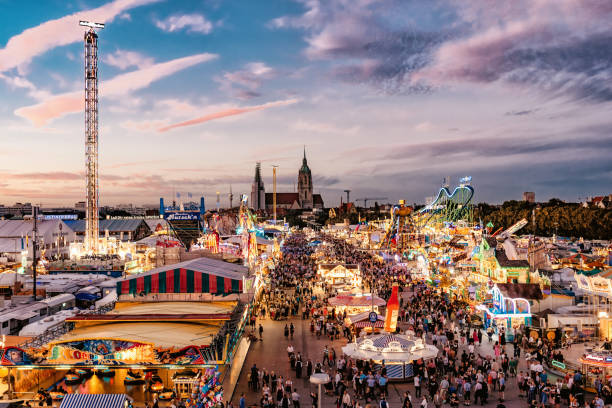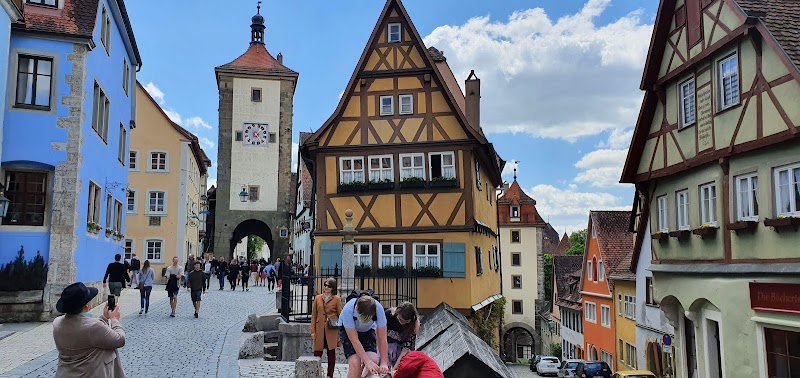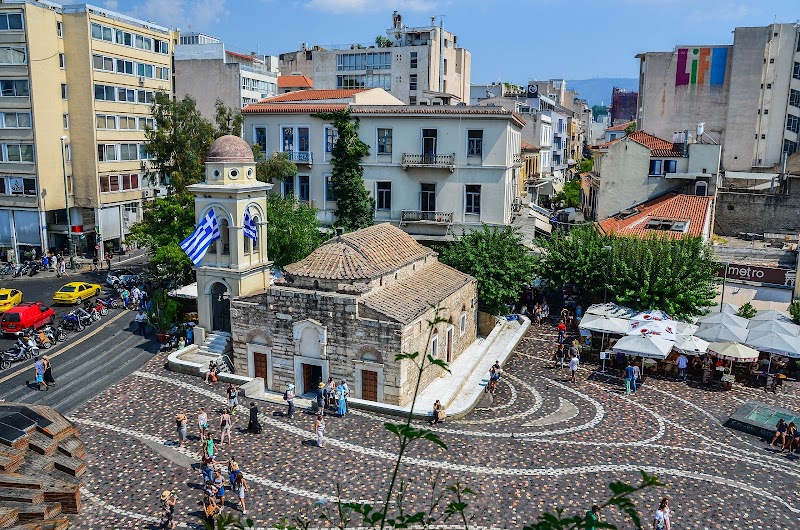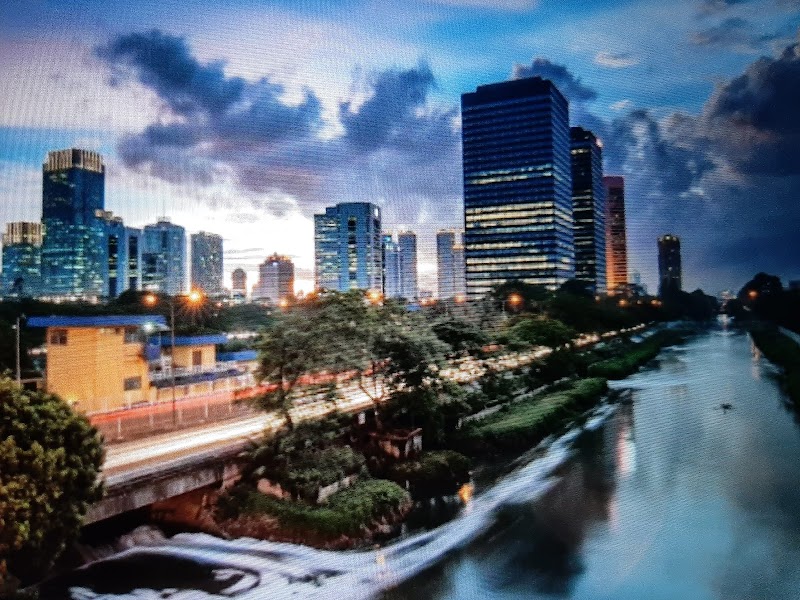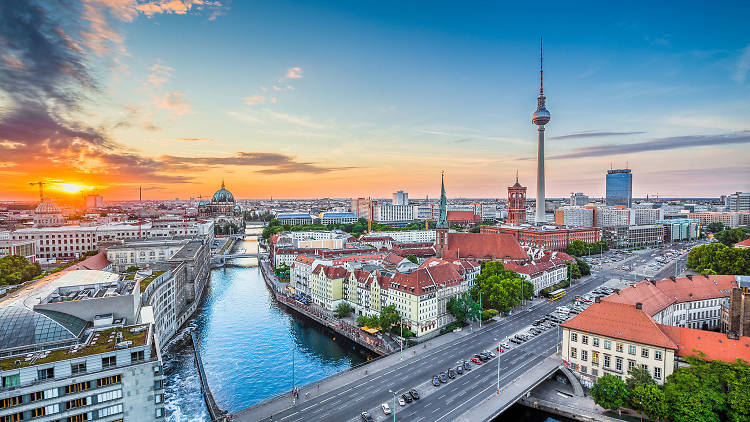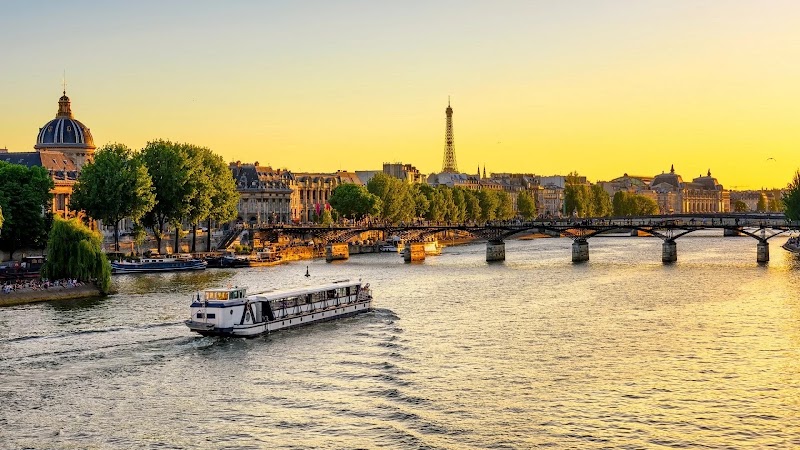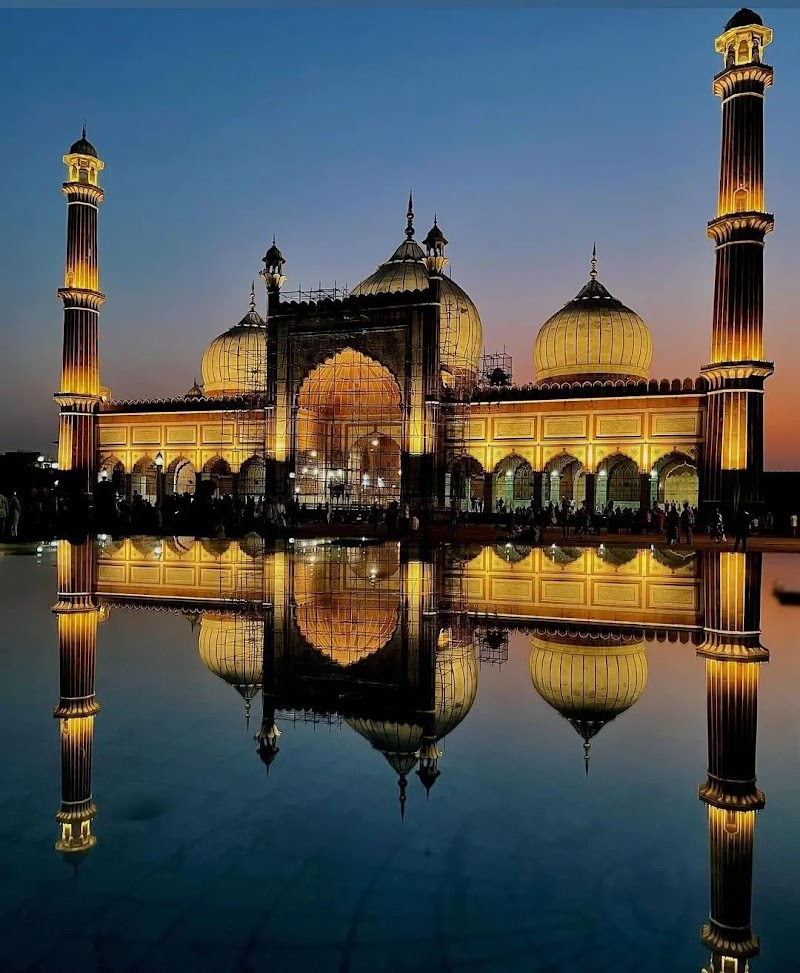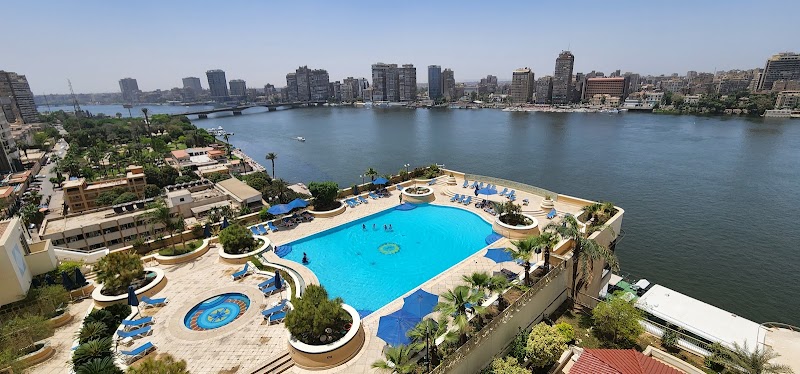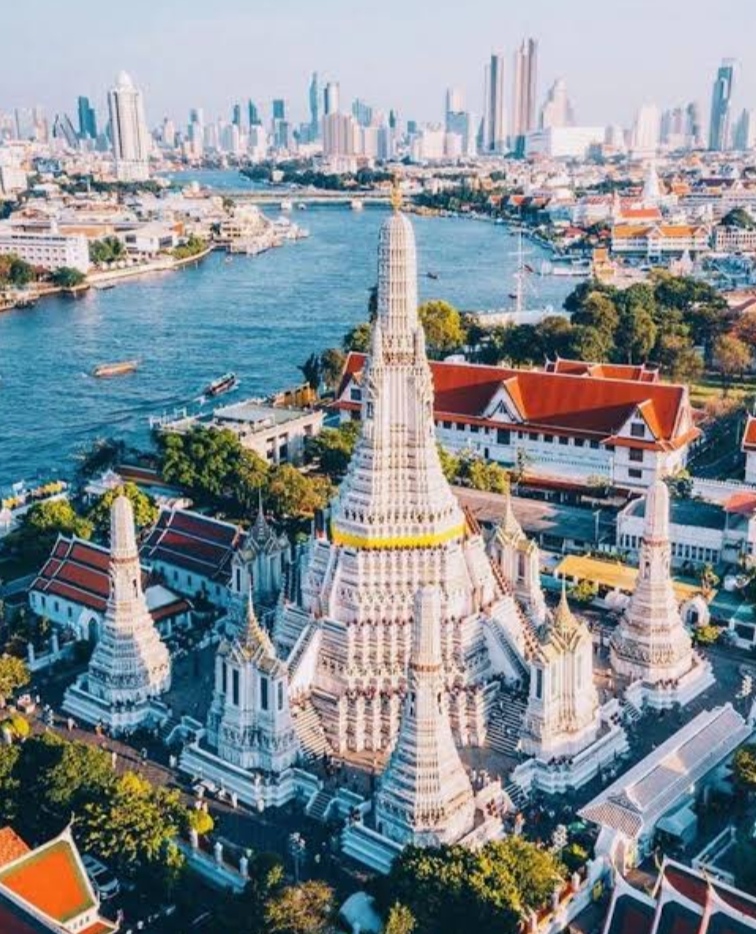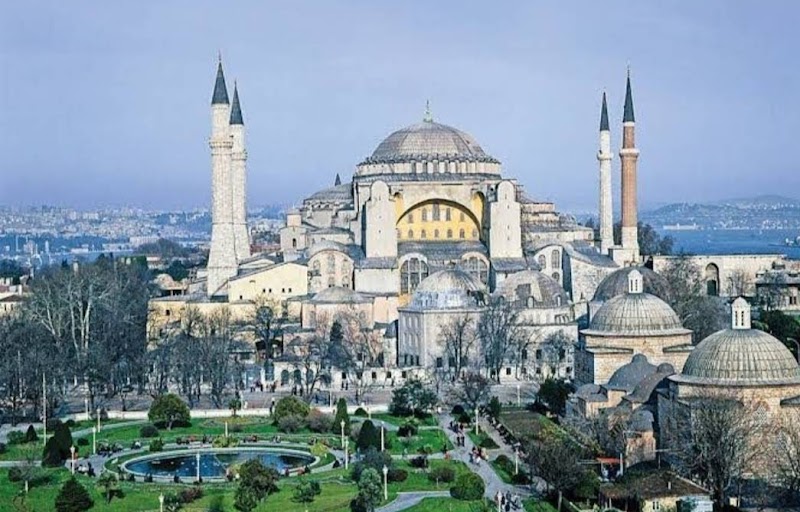Did you know that Bavaria, with its vast landscapes and rich cultural traditions, covers almost a fifth of Germany's total land area? From the fairy-tale allure of Neuschwanstein Castle to the beer gardens of Munich and the breathtaking Alpine scenery, Bavaria invites you to dive into a realm where modernity and tradition blend seamlessly. It's a land where every turn reveals a new surprise and every moment is steeped in centuries-old customs.
Planning your journey through this enchanting region can be as exciting as the trip itself. With our comprehensive tourist map, you'll have a handy tool to chart your course through Bavaria's rich tapestry. It's more than just a guide; it's your passport to discovering the hidden gems and the iconic landmarks of this vibrant and diverse region.
" Booking.comUnveiling the Magic of Bavaria: A Symphony of Unique Attractions
Just like the notes of a symphony, your journey through Bavaria will be a harmonious blend of diverse experiences. From the medieval charm of Rothenburg ob der Tauber to the celestial beauty of the Walhalla memorial, Bavaria offers an enchanting journey through time and space.
Rothenburg ob der Tauber: A Medieval Dream
Rothenburg ob der Tauber is like a fairy tale sprung to life. With its cobblestone streets and half-timbered houses, it's a perfect snapshot of the Middle Ages right in the heart of Bavaria. The town is famed for its Christmas market, one of the most romantic in all of Germany. The fascinating thing about Rothenburg is its ability to transport you back in time, yet it's only a short drive away from the bustling metropolis of Munich.
Walhalla Memorial: A Tribute to Great Minds
Perched high above the Danube River, the Walhalla Memorial is a testament to Germany's intellectual legacy. Adding a touch of Greek grandeur to the Bavarian landscape, it commemorates influential figures from German-speaking history. This magnificent edifice is not just a monument, it's a connection point to Germany's rich cultural heritage. It's also a wonderful place for a day trip from Regensburg, a UNESCO World Heritage city that's just a stone's throw away.
Dachau Concentration Camp Memorial Site: A Sobering Reminder
In stark contrast to Bavaria's charming landscapes and lively beer gardens, the Dachau Concentration Camp Memorial Site offers a sobering reminder of a dark chapter in history. This site, one of the first concentration camps established by the Nazis, serves as a poignant testament to the resilience of the human spirit in the face of unimaginable hardships. The memorial is a must-visit for history buffs and serves as a reminder that the beauty of Bavaria today is a testament to its past, both glorious and tragic.
Nuremberg: A City Reborn From Its Ashes
Nuremberg is a city that has risen from the ashes of World War II to become a vibrant center of culture and history. Its medieval old town, the majestic Nuremberg Castle, and the National Germanic Museum paint a vivid picture of the city's rich history, while its modern architecture and thriving arts scene reflect its continued evolution. Nuremberg is a key stop on any Bavarian itinerary and effectively complements the other attractions in the region.
The Romantic Road: A Stroll Through Bavaria's Heart
Bavaria's Romantic Road is a 261-mile journey through the heart of the region, linking a string of picturesque towns and breathtaking landscapes. With each turn, you're greeted by yet another postcard-perfect vista, be it a towering castle, a tranquil lake, or a charming old town. It's the perfect way to explore the region at your own pace. And, by using a comprehensive tourist map of Germany, you can easily navigate this enchanting route and discover more hidden treasures along the way.
So, step into Bavaria and let it weave its magic. The spellbinding allure of this region lies in its ability to blur the lines between the past and present, the extraordinary and the everyday, and the historical and the modern. Experience the magic of Bavaria and let it leave an indelible imprint on your travel memories.
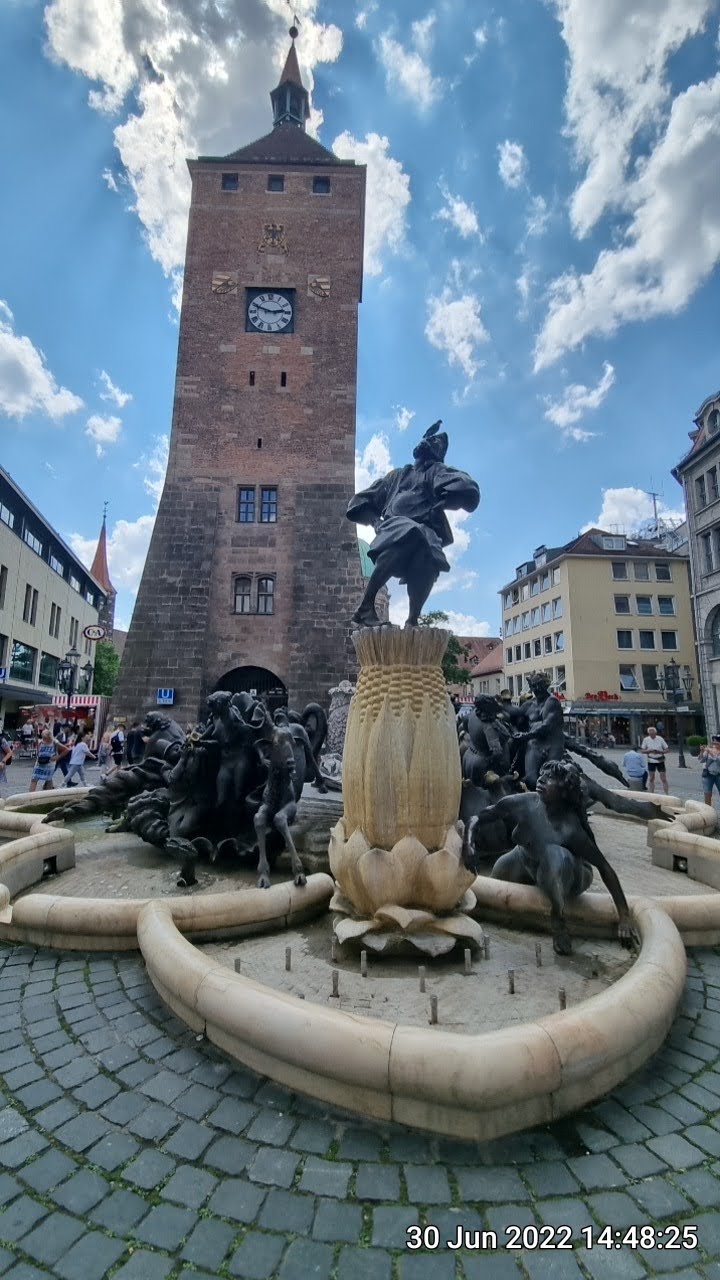
Practical Information for Travelling in Bavaria
Transportation and Mobility
Bavaria's transportation network is efficient, extensive, and well-integrated. The region boasts an excellent rail system, operated mainly by Deutsche Bahn, which links all major cities and towns. Regional Express (RE) and Regionalbahn (RB) trains are ideal for short-distance travel, while the high-speed InterCity Express (ICE) trains are perfect for long-distance journeys.
For local transportation within cities like Munich or Nuremberg, the U-Bahn (underground), S-Bahn (commuter train), trams, and buses offer convenient options. A variety of tickets, including single trip, day ticket, and group day tickets, cater to different travel needs.
Renting a car is a great option if you prefer more freedom and plan to explore more remote areas. Bavaria's roads are well-maintained, and the renowned Autobahn network makes driving a pleasure. Keep in mind, however, that some parts of the Autobahn have no speed limit.
Schedules and Prices
Trains and buses in Bavaria usually operate from early morning till midnight, with reduced services on weekends and public holidays. Always check the specific schedules for your intended travel date and route.
As for the prices, a single trip within Munich on any public transport costs around €2.80. A day ticket for unlimited travel within the city costs around €6.70. For train travel between cities, prices vary widely depending on the distance and train type. On average, expect to pay between €20-€50 for a one-way trip.
Rental car prices start from around €30 per day for a basic model, but this can rise significantly during peak season or for luxury models. Remember to factor in the cost of fuel and parking when budgeting for your trip.
Safety Tips
Bavaria is generally a very safe region for travelers, with low crime rates and excellent healthcare facilities. However, as with any travel destination, it pays to be cautious. Keep an eye on your belongings in crowded areas and avoid leaving valuables in your car.
When driving, adhere to the traffic rules and be mindful of the unrestricted speed zones on the Autobahn. In winter, ensure your vehicle is equipped with winter tyres, as this is a legal requirement in Germany during the colder months.
Practical Recommendations
The best times to visit Bavaria largely depend on what you want to experience. For city exploration, spring (April to June) and autumn (September to October) offer pleasant weather and fewer tourists. If you're interested in the famous Oktoberfest, plan your visit for late September to the first weekend in October.
For those looking to enjoy Bavaria's winter sports or magical Christmas markets, December to February is the ideal time. Do remember that this is a very popular period, so book your accommodation and transport well in advance.
In terms of clothing, always pack according to the season and your planned activities. Summers can be warm, but a rain jacket is always useful. Winters can be very cold, especially in the Alps, so warm clothing and good footwear are essential.
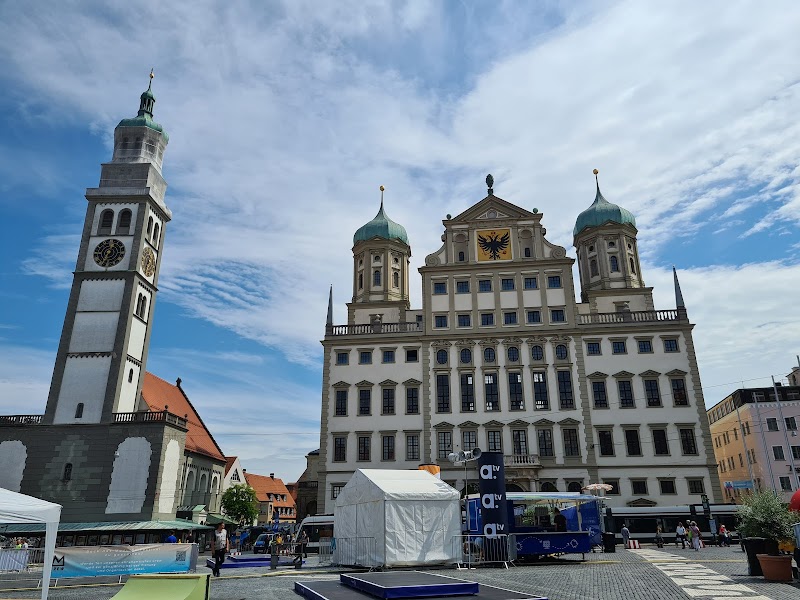
Frequently Asked Questions about Bavaria
1. Can I visit Bavarian castles other than Neuschwanstein that are equally enchanting?
Definitely, there's a treasure trove of castles in Bavaria waiting to be discovered. Burg Eltz, Hohenschwangau Castle, and Linderhof Palace offer a regal experience that's every bit as captivating as Neuschwanstein. Each castle has its own unique history and architectural style that's worth exploring.
2. Is it true that I can take a hot air balloon ride over Bavaria?
Yes! Hot air balloon rides are a popular activity in Bavaria, offering a bird's-eye view of the region's stunning landscapes. It's a magical experience you shouldn't miss. Remember to book in advance and be ready for weather-dependent scheduling.
3. Are there any special food or drink events in Bavaria I should look out for?
Absolutely! Bavaria is a foodie's paradise and hosts numerous culinary events throughout the year. For example, the Munich Oktoberfest is renowned for its beer and traditional Bavarian dishes. Additionally, the Nuremberg Christkindlesmarkt in December is a must-visit for its festive treats and mulled wine.
4. Can I visit the BMW museum and factory in Munich?
Yes, you can! The BMW Museum and the BMW Welt in Munich offer a fascinating insight into the brand's history and its vision for the future. To visit the BMW factory, you need to book a guided tour in advance.
5. Does Bavaria have any unique outdoor activities to offer?
Bavaria is a haven for outdoor enthusiasts. From hiking in the Bavarian Alps, sailing on Lake Chiemsee, to mountain biking in the Upper Palatinate Forest, there's a plethora of outdoor activities. In winter, the region transforms into a ski paradise with numerous resorts and cross-country trails.
6. Are there any music festivals or cultural events in Bavaria?
Bavaria's cultural calendar is rich and diverse. The Bayreuth Festival, dedicated to the works of Richard Wagner, is a high point of the summer, while the Munich Opera Festival attracts opera lovers from around the world. Throughout the year, there are numerous traditional festivals, like the Starkbierfest (Strong Beer Festival) and the Fasching (Carnival).
